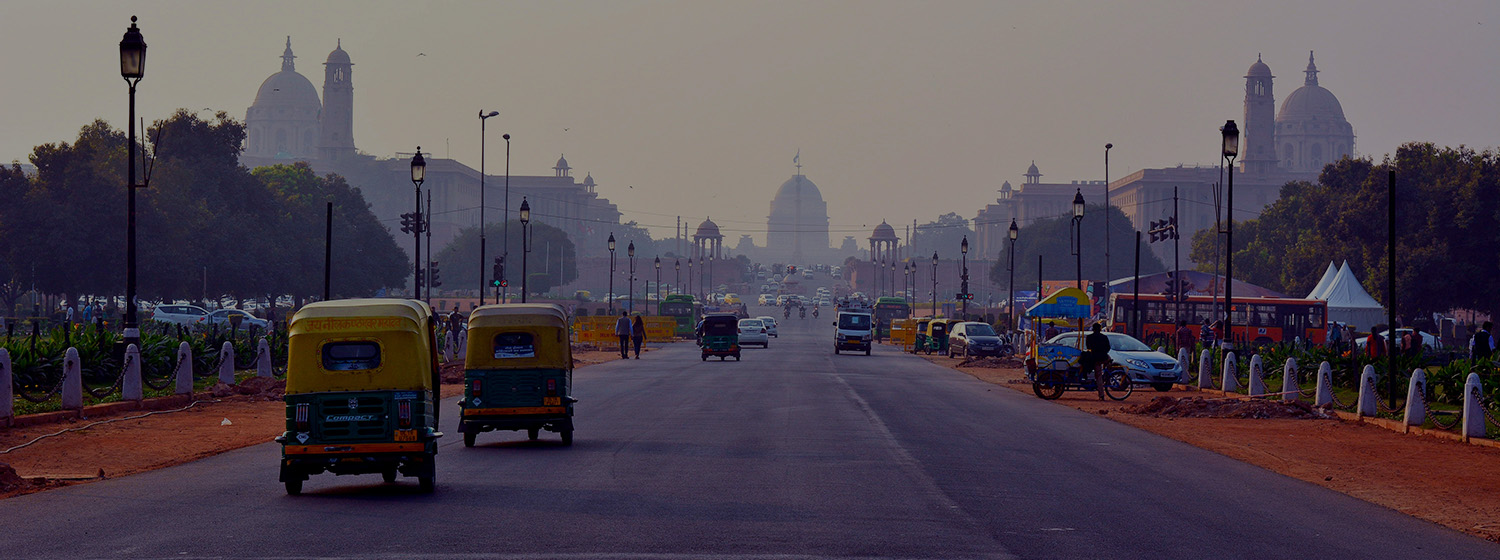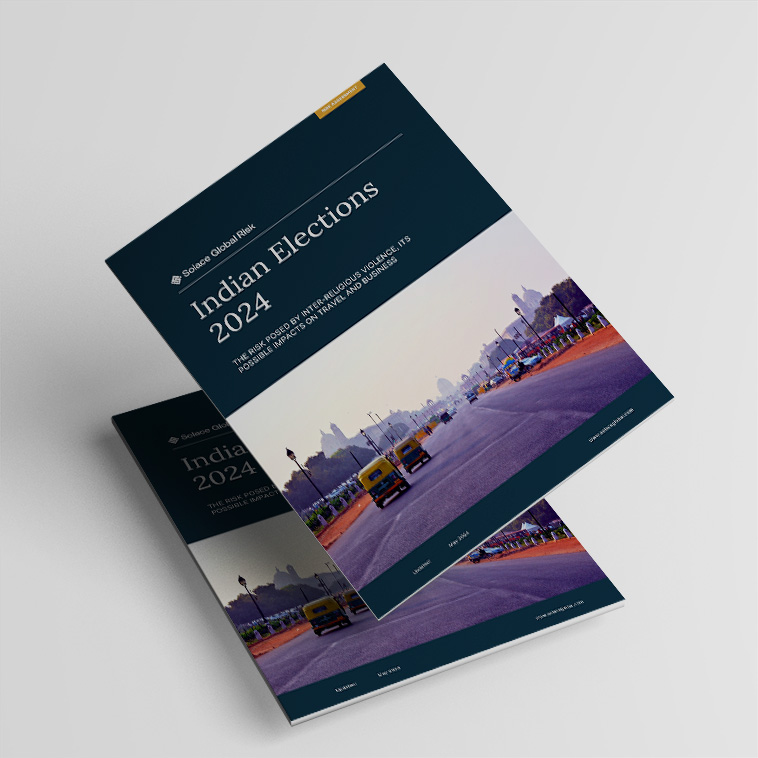Evacuations from Israel and High-Risk Locations Call +44 (0)1202 308810 or Contact Us →
Indian Election Review 2024

Geopolitical Dynamics in India’s 2024 Elections: An In-depth Analysis
On the 19th of April, the first round of elections for India’s lower chamber commenced, marking the initiation of a democratic process of unparalleled scale and significance. With an electorate potentially reaching up to 970 million individuals and spanning seven rounds until the 1st of June, the magnitude of India’s electoral process is unparalleled.
However, amidst the excitement of democratic participation, there looms a pressing concern: inter-religious tensions. Recent years have witnessed a surge in religious tension, particularly between Hindu and Muslim communities. Influenced by domestic policies and external factors, these tensions cast a shadow over the electoral process.
India’s Religious Identity: Shaping the Political Landscape
In India, religion is deeply intertwined with both its past and present political climate. Major events like the Ayodhya incident in 1992 have left a lasting impact on the country’s social and political fabric, shaping the way people think and act.
The recent construction of the Ram Mandir is a powerful symbol of this relationship, representing not only religious devotion but also political discourse. It highlights the intricate connection between matters of faith and governance in India. This dynamic interaction underscores the complex nature of India’s diverse religious identity, where traditions from the past influence contemporary life, and ongoing debates shape the future direction of the country.
Why are tensions at an all-time high?
The roots of this discord stretch back decades, with the partition of India in 1947 marking a pivotal moment in Hindu-Muslim relations. Under BJP rule, the country has witnessed a disturbing trend towards religious polarisation, with minority groups facing discrimination and violence.
The spread of Hindutva ideology, characterised by its militant nationalism and emphasis on Hindu supremacy, has further inflamed tensions. From anti-Muslim rhetoric to controversial legislative measures, the BJP’s agenda has stoked fear and division across the nation.
Where are the geopolitical risks the most severe?
The risks of violence are not confined to specific regions but permeate throughout the country. Urban centers, particularly those with significant religious minorities, are at heightened risk, while areas under BJP control often experience more frequent disturbances.
For businesses and travellers, navigating these uncertain times requires careful planning and awareness. Disruptions to transportation and communication networks can impact operations, while protests and riots pose physical risks to individuals.
As the elections unfold, vigilance remains paramount. Even after the ballots are cast, the aftermath of the results may spark further unrest. Businesses must adapt to this volatile environment, prioritising employee safety and contingency planning.
